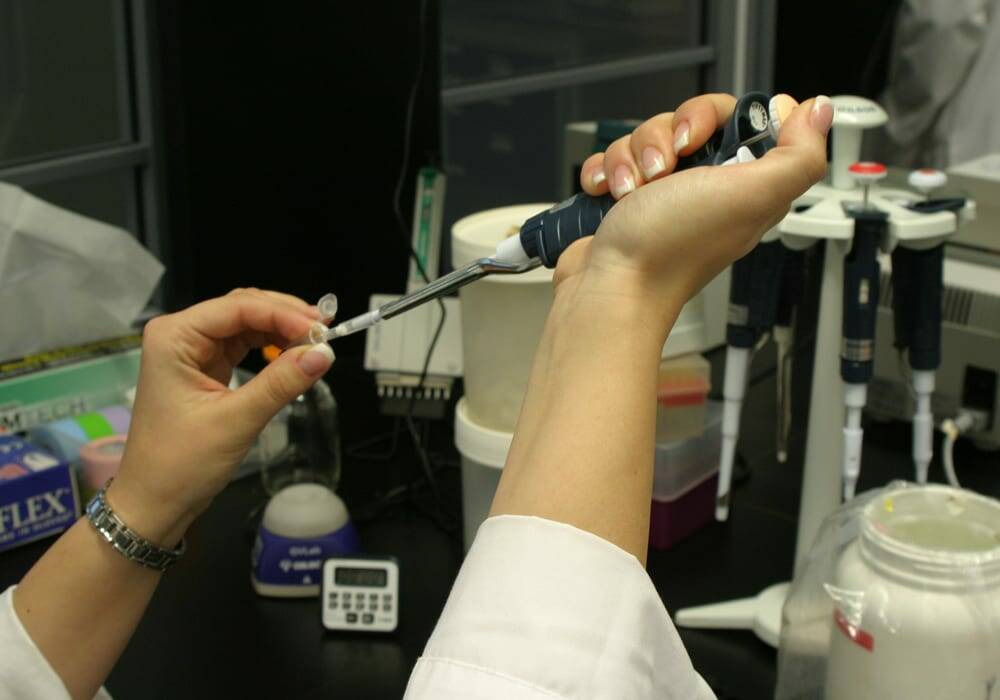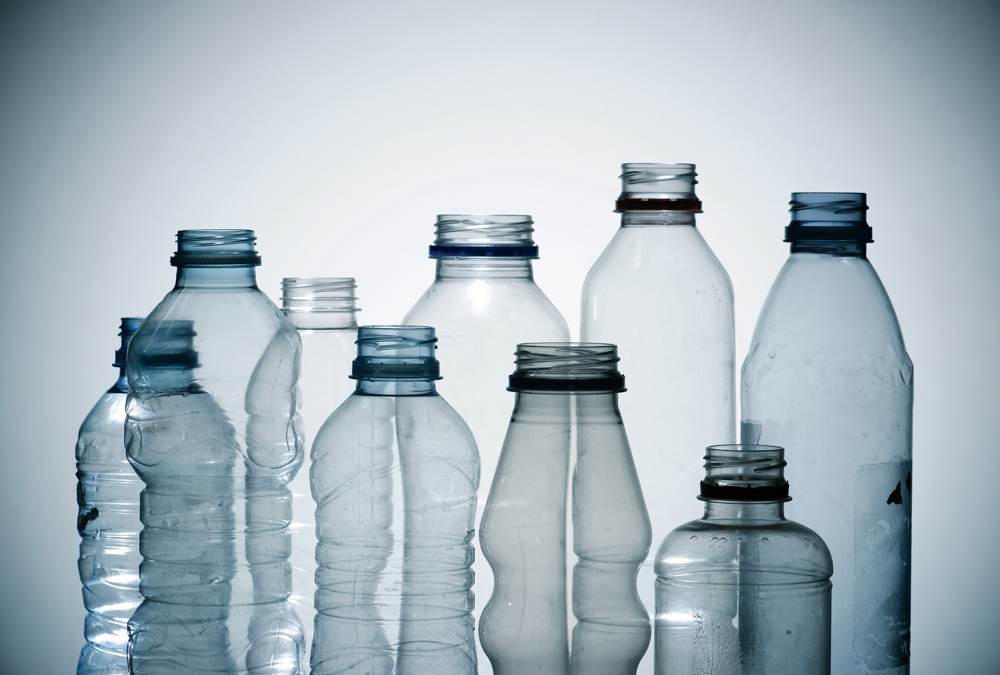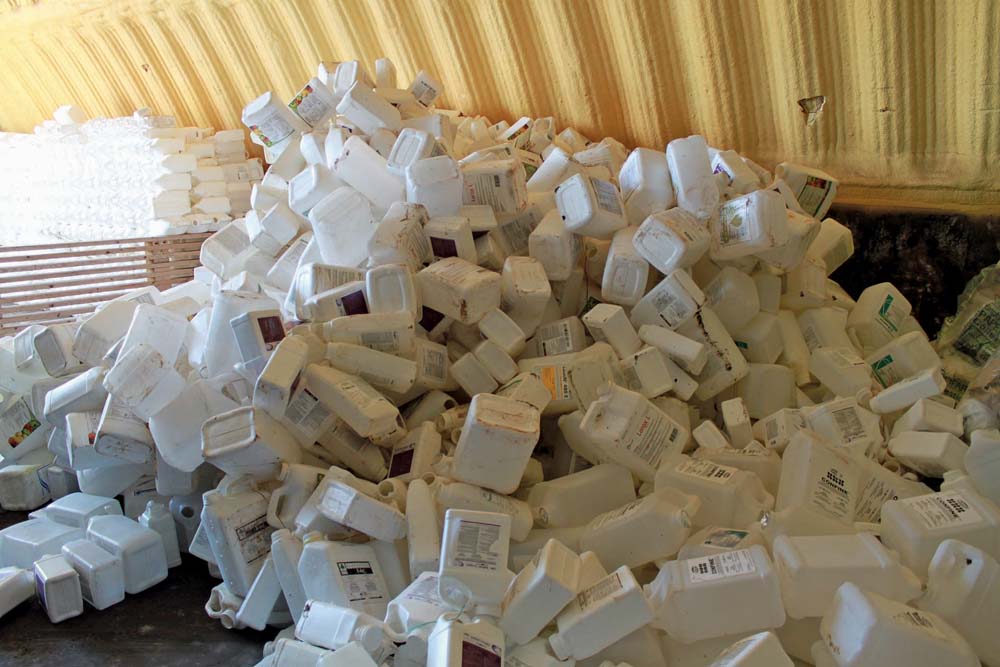“Biodegradable” bioplastics are not always equal, according to Amar Mohanty, director of the University of Guelph’s Bioproducts Discovery and Development Centre.
In fact, he says, “the term ‘biodegradable’ is very misused by many people.”
Bioplastics have been touted as a more sustainable option to traditional plastics, but not all bioplastics are biodegradable, and not all biodegradable bioplastics are compostable and not all can be composted in the same way, he noted, pointing to the differences between products that are home compostable, versus those that must be processed in an industrial facility.
Read Also

Ship’s turning for gene-edited crops
More and more countries have decided that gene-edited crops will be treated the same as conventional plant breeding.
First and foremost, Mohanty argued, the degradation process must come with a deadline. In order to be considered compostable, he said, materials must degrade within six months in an industrial facility, or a year in home compost, and have no toxic substances left over.
It’s a difference that Jamie Bakos of Titan Clean Energy Products is well aware of.
“When you look at packaging that says compostable or biodegradable, those can be very different things,” he said. “Biodegradable could mean that it will biodegrade over 1,000 years, but compostable means that it has to meet very strict guidelines.”
Likewise, Mohanty said, environment matters.
“If you take a compostable product and put it in the landfill, it will not biodegrade,” he noted.
Even regionally, the compost environment might differ wildly in things like pH or moisture, or might offer very different composting facilities, impacting what can be processed.
“It also depends on the thickness,” William Bardosh of TerraVerdae Bioworks in Edmonton said. “If you take a plastic film, that will degrade faster than if you take an injection moulded part.”
















